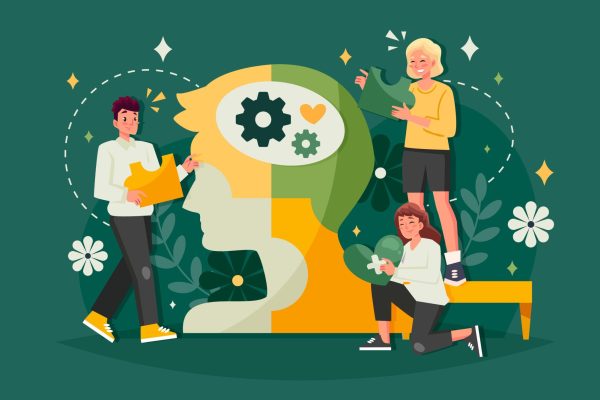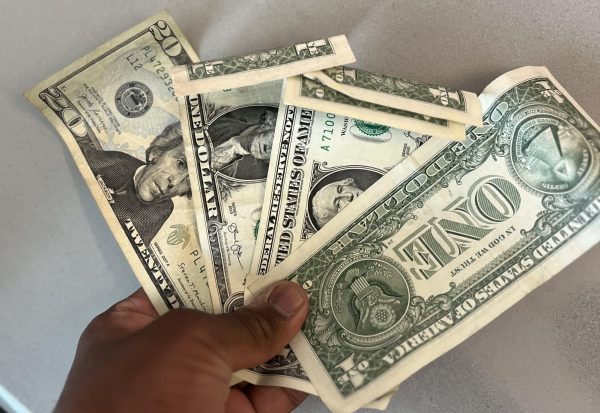Op-Ed: The harm of romanticizing abuse within books
From left to right: Damonza, Danielle Mazzella Di Bosco, and Pink Ink Designs
Three books that include romanticized abusive relationships. From left to right: After by Anna Todd, Nightfall by Penelope Douglas, and November 9th by Colleen Hoover
“Abuse can feel like love.”
The amount of books that romanticize abusive relationships, like the quote above from Penelope Douglas’s Nightfall, has been increasing one by one. Along with the rising of these books, the normalization and romanticization of abusive relationships have also been rising. With one in four women experiencing physical violence and one in three women experiencing sexual violence, the growing amount of romanticization of abuse in books is contributing more harm to society.
Publishers promote these books as a great romantic relationship. Having been interested in the book, the reader would pick it up only to find out that one of the characters in the relationship is abusive towards the other.
Take for example Colleen Hover’s November 9th. In the book, one of the female characters vocally expresses to the male character to stop during a sex scene, to which he replies with “I’m trying,” and proceeds to not stop, completely ignoring her lack of consent.
To have written that scene, along with others that also include a part where the male lead tells the female lead “No, I’m paying for dinner, so I get to choose what to stare at while we eat,” is both just overall weird and harmful.
Having grown up with an abusive father, that my entire family and I have no contact with since the seventh grade, who basically controlled multiple aspects of my life and prohibited my mother from getting both a higher education and job, I can assure you that the overall control stays with you for a long time to the point where you start questioning your every move. This is why the involvement of these characters gaining a “happy ending” with each other is put into question.
The same can be said for relationships where one of the characters is terrified of their romantic interest in the sense that they believe that they would physically attack them, which is prominent in Anna Todd’s After series. In one of the books the main female lead Tessa expressed the following about her romantic interest Hardin, “…he removes one hand from my wrists, but the other is large enough to hold both. For a second, I think he might slap me.”
Although the character may never actually physically harm their love interest, there is still a huge problem with it. To have the female lead express concern over the thought of her love interest harming her, yet ultimately stay and have a relationship with him, causes a lot of harm, especially to the demographic the book is targeted towards.
With the main demographic of this series being teens, it can cause great harm to their mindset. Reading the book and seeing the points of abuse that were overlooked can cause them to believe that these sorts of thoughts and relationships are normal, which can cause them to overlook being in an abusive relationship, especially if they adore the book’s main couple.
Another problem with this also lies with how the books are advertised. Social media creators tend to advertise these books with edits that feature aesthetic Pinterest photos along with calling these books “dark romance”, yet include trigger warnings for sensitive topics that are included which often cover rape, domestic violence, sexual assault, among others.
Having these books have such sensitive topics yet still be presented to people as a romance book where they want you to root for said abusive couple just adds to the harmful romanticization of abuse.
The way to open up people’s eyes towards these types of books and relationships is to simply state it out. Instead of ignoring the entire abuse within the relationship, have it be actually marked as abusive. Along with that the breakdown of these couples creating a happy relationship and instead highlighting the actual causes of abuse can help change this narrative. And when advertising these books, try to promote ones that give the actual reality of an abusive relationship, not one that romanticizes and sugarcoats it.
Your donation will support the student journalists of Carnegie Vanguard High School. Your contribution will allow us to cover our annual website hosting costs and fund field trips, competition fees, and equipment. We appreciate your support!

Sophomore that has an unhealthy obsession with fictional jpop idols and the color pink. If they aren't playing with Beyblades or baking then they're probably...






